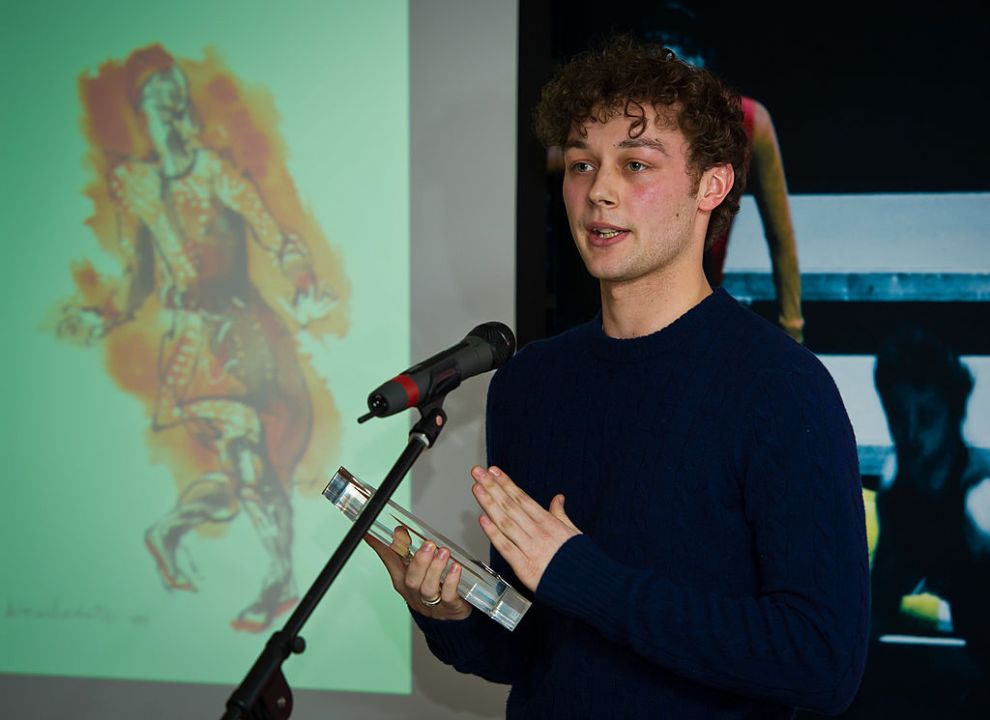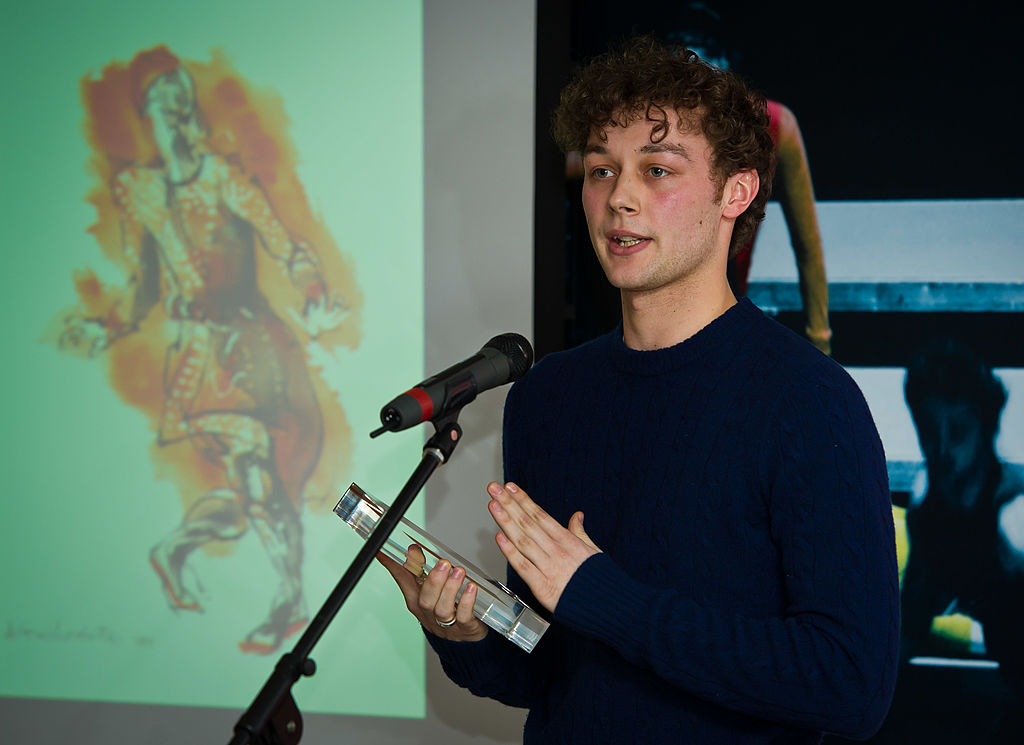The death of Liam Scarlett was confirmed in a brief message from his family on 17 April. On the previous day, the Royal Danish Theatre had announced the withdrawal of the 35 year-old English choreographer’s Frankenstein from their coming season due to allegations of inappropriate behaviour dating back to 2018/19. It was the last of many such cancellations that had constituted Scarlett’s annus horribilis following the termination of his position as artist-in-residence at The Royal Ballet in March 2020.
John Macfarlane was Scarlett’s designer on Frankenstein and many other ballets and when I interviewed him just a few weeks’ ago, Macfarlane expressed the hope that these upcoming Copenhagen performances of Frankenstein would lead to a renaissance in Scarlett’s work being performed again. Linking the Danes’ axing of Frankenstein and the young choreographer’s death seems unavoidable.
Scarlett lived most of his short life within the institution of The Royal Ballet, entering the Lower School at the age of eight and graduating into the company in 2005. After a comparatively brief dancing career, he surrendered to the urge of choreographing full-time in 2012. His work garnered early acclaim with nominations for South Bank, Olivier and National Dance Awards (the latter won by his Asphodel Meadows in 2010) and his creativity was often tinged with darkness, obviously in Hansel and Gretel and Frankenstein but also in the paranoia that hallmarked The Age of Anxiety; and in the short-lived Sweet Violets, which linked the artist, Walter Sickert with Jack the Ripper.
After his stratospheric rise, Scarlett’s fall began in August 2019 when The Royal Ballet received allegations of inappropriate behaviour towards student dancers and he was suspended pending an independent disciplinary investigation. The news of Scarlett’s suspension was not made public until the following January and it was to be seven months after the inquiry was instigated that the Royal Ballet released a brief statement (23 March 2020) concluding that ‘there were no matters to pursue in relation to alleged contact with students of the Royal Ballet School’. Nonetheless, the communique raised more questions than it answered by also confirming that Scarlett would no longer work with the company. A similar statement of being cleared but fired was issued by the Royal Ballet School and subsequently at Queensland Ballet in Australia, where Scarlett had been Artistic Associate.
In the decade since Jimmy Savile’s death and the subsequent outpouring of predatory sexual abuse accusations, the principle of innocence until proven guilty has taken a beating wherever any abuse of power for sexual gain is suspected. Because Savile, Weinstein, Harris, Epstein and others were able to cover – and therefore continue – their offences, it is hardly surprising that the proof pendulum has now swung so far the other way that the merest hint of sexual scandal precipitates the inevitable perception of guilt until proven innocent. In that sense, our institutions appear little more interested in due process than a medieval court in the dunking of a witch. Western society is now riven with a cancel culture that has its risk-averse meter set to max. Although the allegations against Scarlett were not pursued, his ballets went down like cascading dominoes around the world and sadly he himself appears to have moved the cancel button to delete.
The last decade has been punctuated by accusations that have been made public but never pursued in the courts, or through any other transparent process, whether in helicopters filming Sir Cliff Richard’s home being raided by police or a fantasist’s paedophile ring in Dolphin Square (and let’s not forget that both Lords Janner and Brittan died before their innocence of fabricated claims was established). The TV celebrity Caroline Flack was accused of an assault on her partner who was not pressing charges and had offered to be a witness on her behalf. After Flack’s suicide, whilst on bail in February 2020, her agent declared the court case to have been a ‘show trial’.
Scarlett’s career was effectively ended without a trial or any transparent due process. An independent inquiry took place in secret and concluded that there were no matters to pursue but nonetheless ended his ability to work. Of course, safeguarding and a duty of care to students should be at the highest level of secure robustness, but a duty of care to the accused is also required. Accusers get to keep their anonymity, but the accused has nowhere to hide even when allegations are dropped.
Scarlett was still a young man. He had been institutionalised within The Royal Ballet for over 20 years and yet was cut adrift with no support other than the farewell gift of an abrupt and ambiguous one-paragraph statement. Scarlett remained steadfastly silent from the very first accusation, as ballet after ballet was cancelled, with just the prospect of Frankenstein in Copenhagen as a last – but ultimately forlorn – beacon of future hope.







Comments